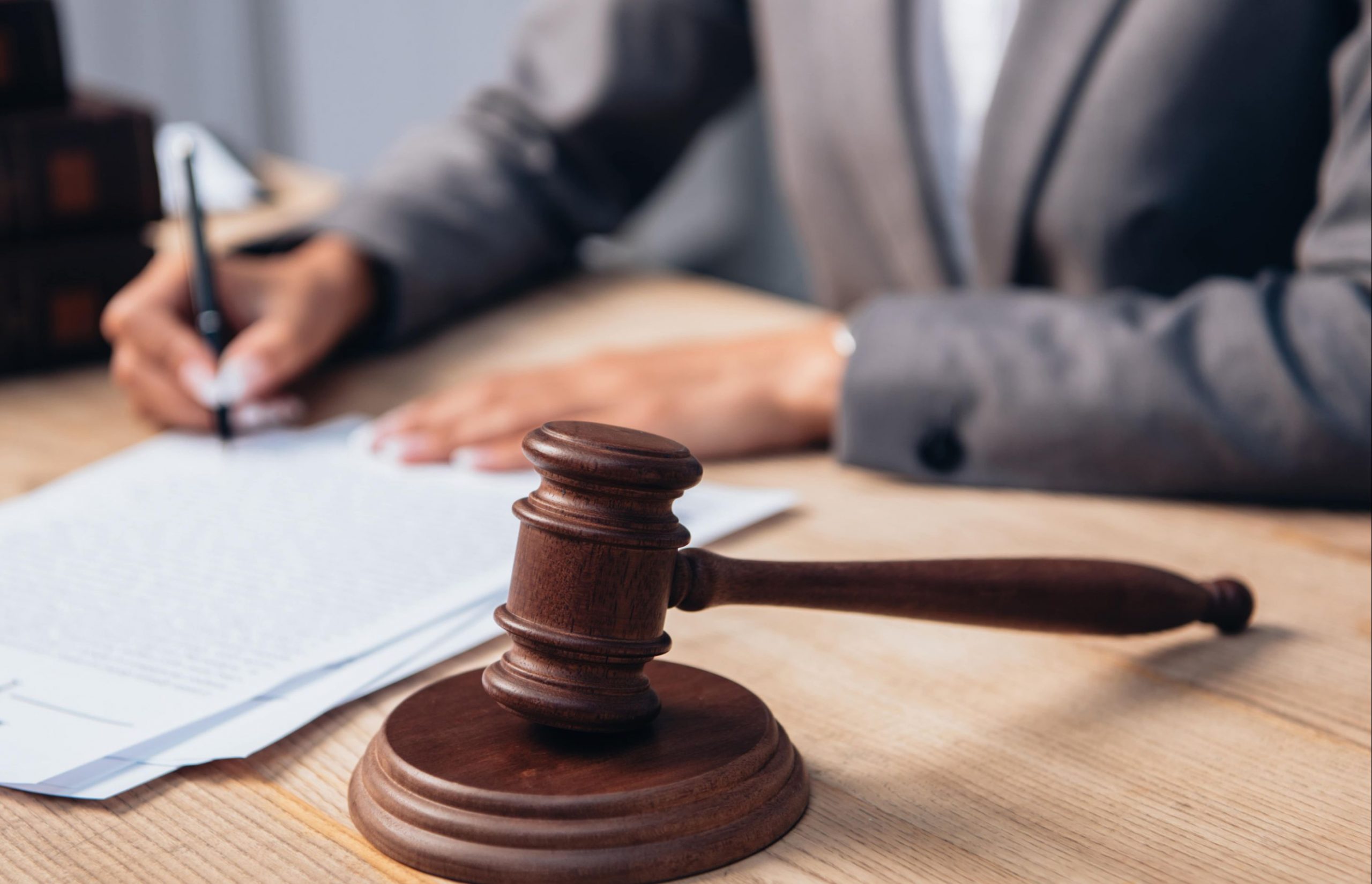I am studying in the third year of the State University of Economics and Technology.I specialize in contractual, economic and corporate law, in particular, I provide consultations and write articles.
Enforcement proceedings are the process of executing court decisions and ensuring the fulfillment of obligations stipulated by these decisions. Enforcement proceedings are an important component of the legal system that helps ensure compliance with the law and enforcement of court decisions. Of course, like any procedural stage, executive proceedings have their participants, who are endowed with the corresponding rights and duties. One of such participants is the debt collector, who, in accordance with Art. 15 of the ZU "On Executive Proceedings" can be a natural or legal entity for the benefit of which the executive document was issued. An executive document is an official document that contains an executive order or a court decision and is issued by an executive body (for example, a state bailiff) to ensure the execution of a court decision or other legal act. Typical examples of enforcement documents are a writ of execution, a decision on confiscation of property.
In enforcement proceedings, the debt collector has certain rights and obligations, which are defined by legislation. Here are some of them:
Rights of the debt collector:
Acquaintance with the materials: during enforcement proceedings, the debt collector has the right to acquaint himself with the materials of the proceedings, extracts from them, copies.
The right to enforce a court decision: after receiving an executive document, the debt collector has the opportunity to present it to a public or private executor
The right to choose the way of execution: The debt collector can choose different ways of executing the court decision, such as the collection of the debtor's property or the demand for the payment of a sum of money.
The right to participate in the enforcement process: The debt collector has the right to participate in the enforcement proceedings, submit documents, arguments and defend his interests.
the right to submit applications: In enforcement proceedings, the debt collector may submit applications related to the renewal of the deadline for presenting the executive document to the executor, the return of the executive document, or the refusal of collection.
Obligations of the debt collector:
Compliance with the law: The debt collector must comply with all the requirements of the law regarding enforcement proceedings.
Notification of the executor: In the case of self-execution of the decision by the debtor, or in the event of the occurrence of circumstances that lead to the termination of enforcement actions or a change in the method and procedure of enforcement, the debt collector must notify the executor of this no later than the next working day.
Appealing actions, inaction of the executor:
Pretrial order. When the debt collector believes that the actions or inaction of the state executor violate his rights or do not comply with the law, he can turn to the head of the department that has direct supervision over the state executor. Such an appeal can help resolve the conflict at the local level and avoid the need to appeal to higher authorities or courts. According to the legislation, the head of the department has the duty to consider such an appeal and take appropriate measures to resolve the situation. The complaint must be considered within 10 days.
Judicial appeal procedure:
If by submitting a complaint it was not possible to achieve the desired results, it is necessary to apply to the court. The legislation provides for the following terms for the exercise of this right, namely: 10 days from the moment when the debt collector learned or should have learned about the violation of his rights and freedoms; 3 days - in case of appeal of the resolution on postponement of executive actions. It is worth noting that the complaint is submitted to the court that issued the executive document. It will be considered within ten days with the participation of the complainant and the executor. The lawyer services are recommended for filing a complaint.
Lawyer consultation at the stage of executive proceedings:
Legal services may be needed not only during the court process, but also at the stage of execution of the decision. The lawyer will monitor compliance with the requirements of the legislation by the executor, and will ensure the legality of all steps, will conduct a legal analysis of the situation. The lawyer advice will also be absolutely necessary when challenging the inaction of the executor, because this may require an appeal to the court.
































